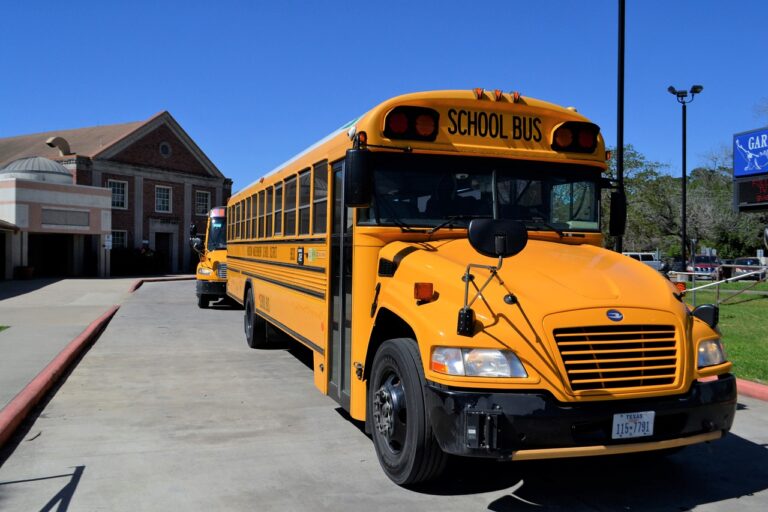Education and the United Nations Sustainable Development Goals (SDGs)
Education plays a crucial role in advancing the United Nations Sustainable Development Goals (SDGs) by fostering knowledge, skills, and ethical values. By emphasizing quality education for all, the SDGs aim to eliminate disparities in access to education, promote lifelong learning opportunities, and enhance global citizenship. Sustainable development necessitates an inclusive and equitable education system that empowers individuals to contribute positively to society and the environment.
Moreover, education is a fundamental pillar for promoting sustainable economic growth, social inclusion, and environmental preservation. Through education, individuals are equipped with the necessary tools to address complex challenges such as climate change, poverty, and inequality. By integrating sustainability principles into educational curricula and practices, societies can nurture a generation of responsible and informed global citizens who are committed to achieving a more equitable and sustainable future.
The Role of Education in Achieving Sustainable Development
Education plays a crucial role in the pursuit of sustainable development, serving as a powerful tool to empower individuals and communities. By providing access to quality education, societies can cultivate the necessary knowledge and skills to address complex global challenges, such as poverty, inequality, and environmental degradation.
Furthermore, education fosters critical thinking, creativity, and innovation, essential components for driving sustainable development forward. Empowering individuals with education not only enhances their own opportunities and well-being but also contributes to building more resilient and sustainable societies for future generations.
What are the key concepts related to education and the UN Sustainable Development Goals?
Some key concepts related to education and the UN Sustainable Development Goals include access to quality education for all, lifelong learning opportunities, education for sustainable development, and the importance of education in promoting gender equality and empowerment.
How does education play a role in achieving sustainable development?
Education plays a crucial role in achieving sustainable development by equipping individuals with the knowledge, skills, and mindset needed to address complex global challenges such as poverty, inequality, and climate change. Education helps to promote economic growth, social inclusion, and environmental sustainability.
How does education contribute to the achievement of the UN Sustainable Development Goals?
Education is explicitly recognized as a key enabler for all the Sustainable Development Goals. By providing individuals with the necessary knowledge and skills, education can help eradicate poverty, improve health outcomes, promote gender equality, and protect the environment.
How can education for sustainable development be integrated into formal education systems?
Education for sustainable development can be integrated into formal education systems through curriculum reform, teacher training, and the promotion of experiential learning opportunities. Schools can incorporate sustainable development principles across different subjects and encourage students to engage in projects that address real-world sustainability challenges.
What are some examples of successful education initiatives that have contributed to sustainable development?
Examples of successful education initiatives that have contributed to sustainable development include programs that promote environmental awareness and conservation, initiatives that provide vocational training and entrepreneurship skills to marginalized communities, and projects that support girls’ education and empowerment. These initiatives have demonstrated the power of education in driving positive social and environmental change.





